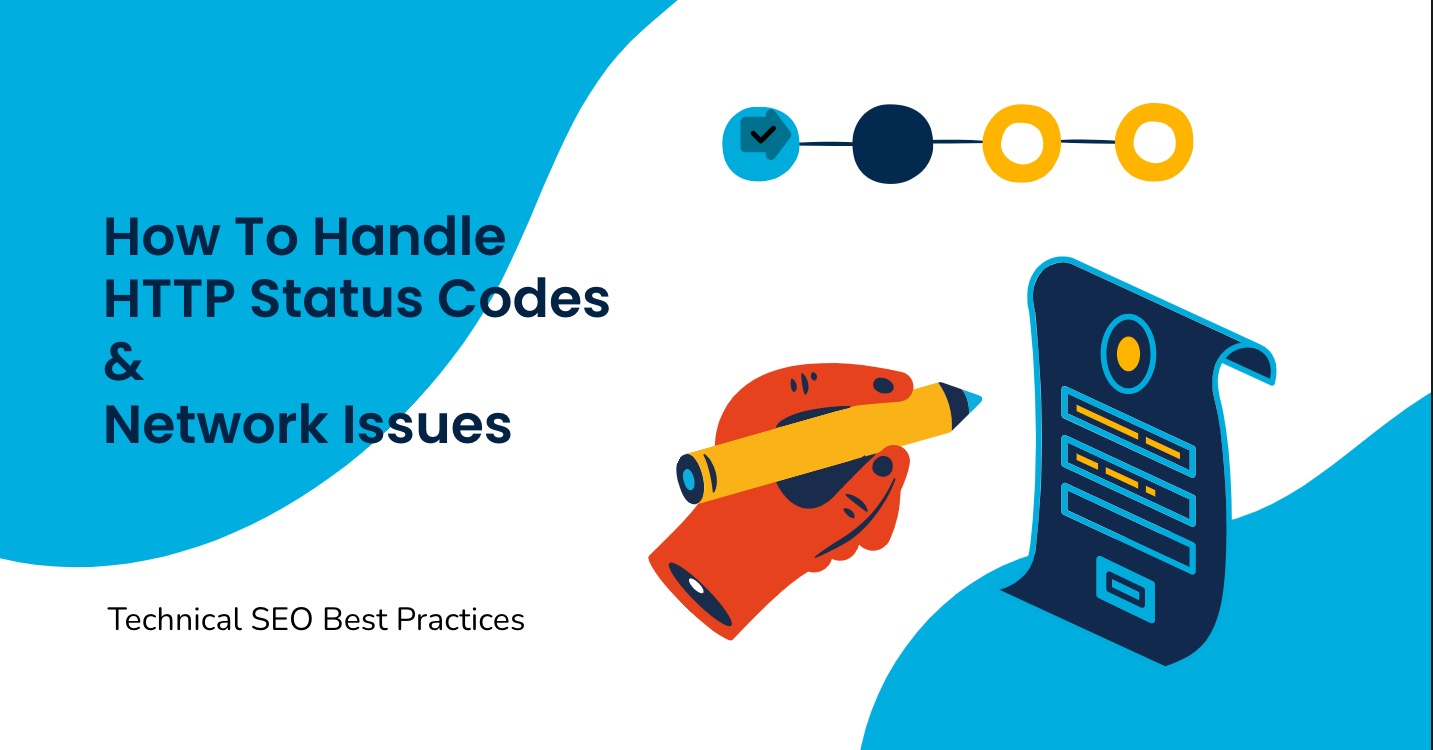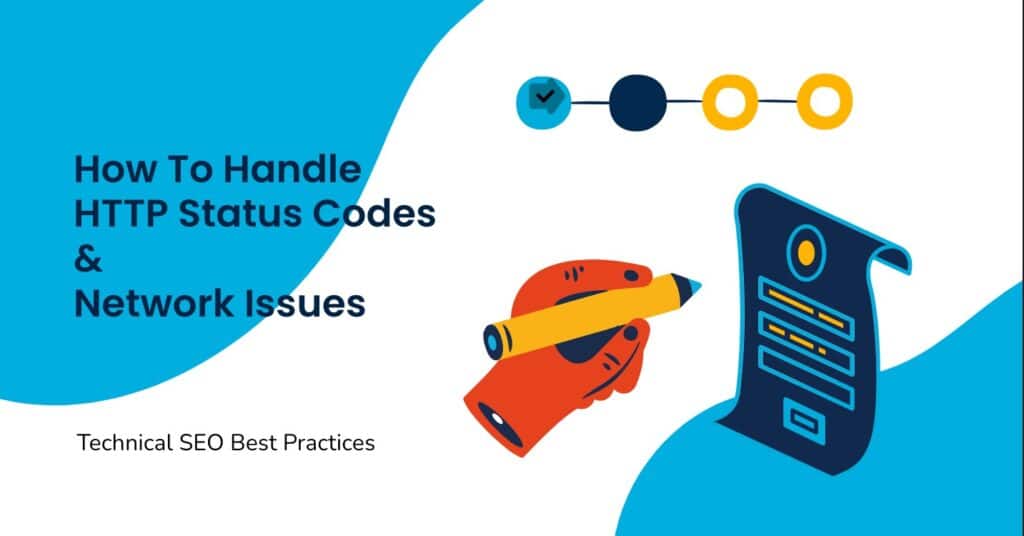When it comes to SEO, every website owner wants to make sure their site is ranking high in search engine results. But did you know that something as seemingly insignificant as changing your web host can potentially affect your SEO? Yes, that’s right! The choice of web host can have an impact on how search engines view and rank your website. So, let’s dive deeper into the relationship between changing web hosts and SEO.
The connection between changing web hosts and SEO lies in the technical aspects of website hosting. Search engines like Google take into account various factors when determining the ranking of a website, and one of these factors is the website’s loading speed. Hosting affects the loading speed of a website, and if you switch to a slower web host, it can lead to a decrease in your website’s loading speed, which in turn can negatively impact your SEO rankings. Therefore, it’s crucial to choose a reliable and efficient web host to ensure optimal site performance and maintain or improve your SEO.
Changing web hosts can have an impact on SEO if not done correctly. It’s important to ensure a smooth transition by properly redirecting URLs, preserving site structure, and minimizing downtime. A poorly executed host change can result in broken links, loss of rankings, and decreased organic traffic. Prioritize choosing a reliable host with good server performance and excellent customer support. Additionally, regularly monitor your site’s performance and implement SEO best practices to mitigate any negative effects.

How Does Changing Web Host Affect SEO?
When it comes to running a website, the choice of web host plays a crucial role in its success. From website speed and performance to security and uptime, a web host can greatly impact the overall user experience. But beyond these factors, many website owners wonder how changing web host affects their SEO (Search Engine Optimization) efforts. Does migrating to a new host have any positive or negative consequences for search engine rankings? Let’s explore the relationship between changing web host and SEO.
One of the primary concerns website owners have when changing web hosts is the potential impact on their search engine rankings. After all, search engine visibility is essential for driving organic traffic and attracting visitors to a website. When migrating to a new web host, it’s important to understand the potential SEO implications to avoid any negative consequences.
During the process of changing web hosts, there are certain SEO factors that website owners need to consider. These include website downtime, website speed, server location, and website security. Let’s delve into each of these factors and their impact on SEO in more detail.
Website Downtime
When you move your website from one web host to another, there is a chance that your website may experience some downtime during the migration process. This means that your website will not be accessible to users during this time, which can have a negative impact on your SEO. Search engines like Google don’t like websites that are frequently inaccessible or have long periods of downtime, as it affects the user experience.
To minimize the impact of website downtime on your SEO, it is important to choose a new web host that can handle the migration process efficiently and minimize any downtime. Additionally, consider informing search engines about the migration by using the appropriate HTTP status codes and submitting an updated sitemap. This will help search engines understand that your website is undergoing changes and the downtime is temporary.
By taking these steps and choosing a reliable web host, you can ensure that any potential downtime during the migration process has minimal impact on your SEO efforts. It’s also crucial to monitor your website closely after the migration to identify and address any issues that may arise.
Overall, website downtime during the web host change can have a temporary negative impact on SEO. However, with proper planning and monitoring, you can mitigate its effects and ensure that your website maintains its search engine rankings.
Website Speed
Website speed is a crucial factor in both user experience and search engine rankings. Faster websites tend to rank higher in search engine results pages (SERPs) and provide a better user experience. Therefore, when changing web hosts, it’s essential to consider how the new host affects your website’s speed.
If the new web host provides faster and more reliable servers, your website’s speed and performance can improve, leading to potential SEO benefits. On the other hand, if the new host has slower servers or poor infrastructure, your website’s speed may suffer, negatively impacting your SEO efforts. Slow websites not only frustrate users but also receive lower rankings from search engines.
Before changing your web host, it’s crucial to research and choose a host with a good reputation for speed and performance. Look for hosts that offer solid-state drives (SSDs), content delivery networks (CDNs), and robust server infrastructure. These features can help improve your website’s speed and ensure a positive impact on your SEO.
Regularly monitoring your website’s speed and taking steps to optimize it, regardless of the web host, is also important. Implementing techniques like minifying CSS and JavaScript files, compressing images, and caching can go a long way in improving your website’s speed and ultimately enhancing your SEO efforts.
Server Location
The physical location of your web host’s servers can also have an impact on your SEO. Search engines consider server location as a factor in determining the website’s relevance to a particular geographical area. If your website primarily targets users in a specific country or region, it’s generally beneficial to choose a web host with servers located in or near that area.
By hosting your website close to your target audience, you can potentially improve your website’s loading times, which positively impacts user experience and SEO. Additionally, search engines like Google often take server location into account when determining the relevance and ranking of a website for specific search queries.
However, it’s important to note that server location is just one of many factors that search engines consider when ranking websites. It’s not a definitive ranking factor, but it can contribute to your overall SEO strategy, especially if you have a localized business or target audience.
Website Security
Website security is crucial for both user trust and search engine rankings. When changing web hosts, it’s important to ensure that your new host provides robust security measures to protect your website from cyber threats.
If your website’s security is compromised due to a web host that doesn’t prioritize security, it can have severe consequences for your SEO efforts. Search engines like Google may flag your website as potentially unsafe and display warnings to users, negatively affecting your search engine rankings and credibility.
Before migrating to a new web host, thoroughly research their security measures and reputation. Look for hosts that offer features like SSL certificates, malware scanning, regular backups, and firewalls. These features not only help protect your website but also ensure that search engines perceive it as secure and trustworthy.
Additionally, it’s crucial to implement strong security practices on your website regardless of the web host. Keep your software, themes, and plugins up to date, use unique and strong passwords, and regularly monitor your website for any potential security breaches. These proactive measures will help safeguard your website and maintain its SEO integrity.
Conclusion
Changing web hosts can have both positive and negative implications for SEO. By carefully considering factors like website downtime, website speed, server location, and website security, website owners can minimize any potential negative effects and even improve their SEO rankings.
When choosing a new web host, prioritize reliability, speed, security, and geographic proximity to your target audience. By doing so, you can ensure that your website maintains its visibility in search engine rankings and offers an optimal user experience.
Remember, SEO is an ongoing process, and changing web hosts is just one aspect of it. Regularly monitor your website’s performance, optimize for speed, ensure security, and create high-quality content to enhance your SEO efforts and drive organic traffic.
If you’re ready to change web hosts, consider partnering with a reliable and reputable web hosting provider like XYZ Hosting. XYZ Hosting offers robust security, reliable servers, fast loading times, and exceptional customer support, making it an excellent choice for website owners who value their SEO efforts.
Key Takeaways: Does Changing Web Host Affect SEO?
- Changing web host can impact your SEO rankings.
- A slow hosting provider can negatively affect the loading speed of your website, leading to lower search engine rankings.
- If your website experiences frequent downtime during the migration process, it can result in temporary drops in SEO performance.
- Choosing a reliable and fast web host can help improve your SEO by providing better website performance and user experience.
- Before changing web hosts, ensure proper planning, site backup, and a seamless migration process to minimize any potential negative impact on SEO.
Changing your web host can affect your website’s SEO, but it doesn’t always have to be negative. When you move your website to a new host, it’s important to ensure a smooth transition to avoid any negative impact on your search engine rankings.
One potential SEO issue when changing web hosts is the possibility of downtime, which can disrupt search engine crawlers from accessing your site. It’s crucial to choose a reputable web host that guarantees minimal to no downtime to maintain a positive user experience and keep search engines happy.
Additionally, changing web hosts can also impact website speed. If your new hosting provider is slow, it can affect your website’s loading time, which is a factor search engines consider when ranking websites. Therefore, it’s essential to choose a web host that offers fast servers and efficient performance.
Overall, changing your web host can affect your website’s SEO, but with careful planning and selecting the right host, you can minimize any negative impact and potentially even improve your search engine rankings.

